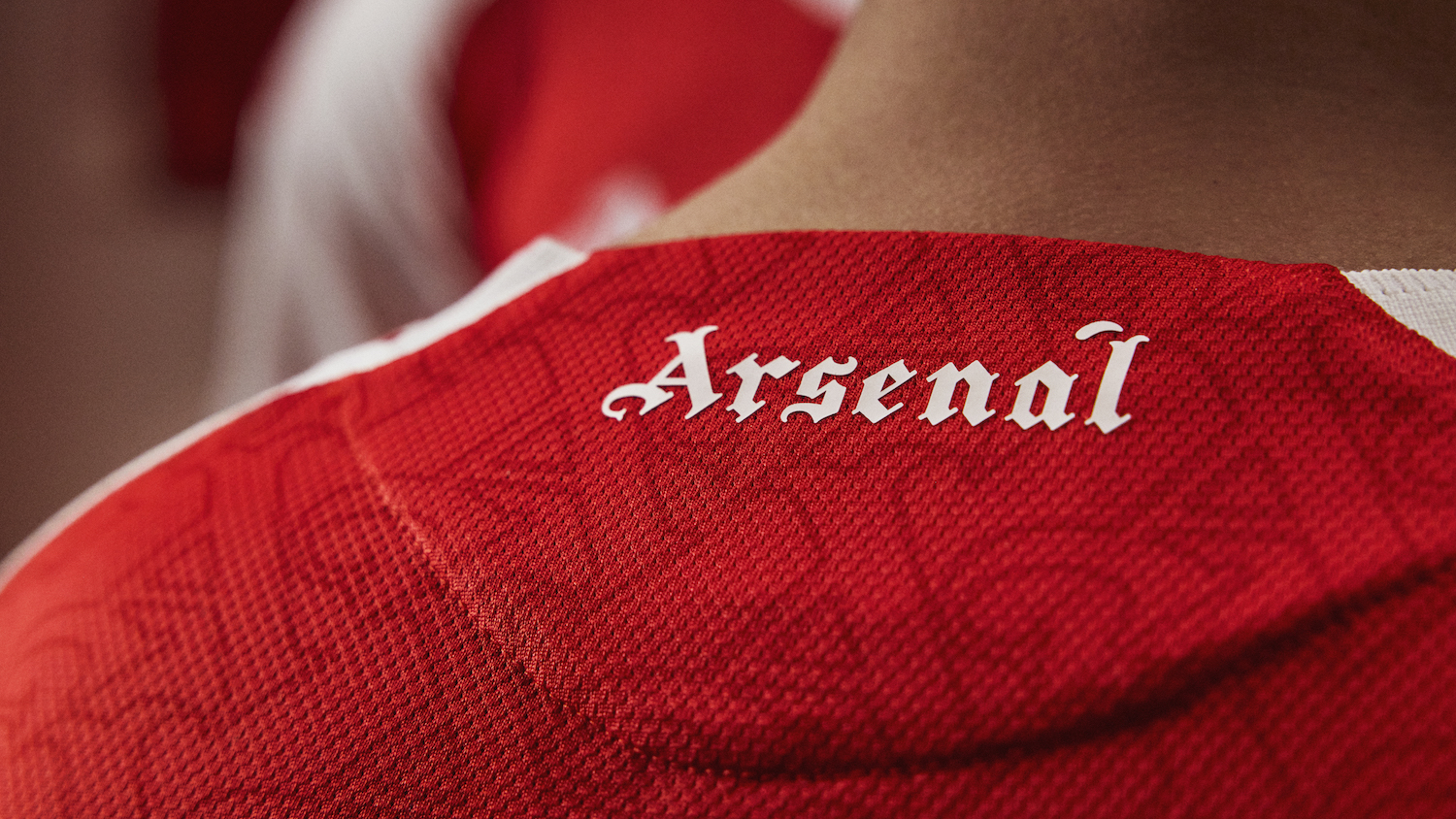
"Why would I need a bank account?" he asked. "I can put the money into this steel box."
The encounter, as related by a FIFA official, was one of many with Latin American football directors.
Now football's world governing body is implementing a new electronic transfer system which they say will crack down on money laundering and third-party ownership of players.
Traditionally, international transfers have been carried out by faxes between the national associations involved - a system which FIFA say has been open to all kinds of abuse.
"Until now, transfers have been handled on paper, the way it was 100 years ago," said Mark Goddard, general manager of the Transfer Matching System (TMS), as the new method is known. "It was impossible to keep track of what was going on."
"We've had imaginary transfers of players who didn't exist, players who have been made up, all this has been basically going on. It was pretty much standard business practice."
Goddard said that under TMS, FIFA will be able to keep a much closer watch on the international transfer market.
The best features, fun and footballing quizzes, straight to your inbox every week.
To complete a transfer, both the buying and selling clubs must enter a number of details into the web-based system, including the transfer fee, the player's salary, the agent or lawyer involved and the length of the contract.
The money must be transferred from and to a bank account.
"It's one of the most thorough projects FIFA has ever had. It changes the transfer market completely," said Goddard.
"It does not materially change the regulations but...it is an effective way of making sure rules are being enforced."
THIRD PARTIES
One of the biggest changes will be to prevent third parties - such as companies, agents or pension funds - from owning players, a practice especially common in South America.
Third-party ownership came to prominence when West Ham United bought Argentina forward Carlos Tevez, who had previously been playing at Corinthians.
West Ham were fined 5.5 million pounds in April 2007 when the Premier League ruled they had broken the rules after it emerged that Tevez's transfer rights were partly owned by a private company.
However the club escaped a points deduction and Tevez scored the winning goal as they beat Manchester United 1-0 on the final day of the season to escape relegation.
Sheffield United, who went down in their place, launched a claim for damages against West Ham, with the two clubs later reaching an out-of-court settlement.
"It is clearly in the regulations that no third parties can be involved in the ownership of football players," said Goddard. "Everything which has existed until now will disappear.
"It is not possible to enter a transfer between a club and a company, for example."
Another rule is that football academies - which have sprouted in Africa, often run by European clubs or companies - will have to field teams in local amateur or professional competit
 Join The Club
Join The Club





